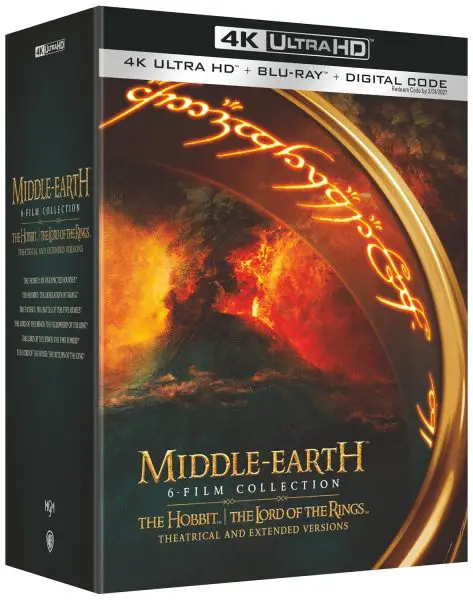 Love the ability of Netflix and other DVD rental services to have that new flick available from the moment it’s released for sale? Well, those days might be over, very soon. As the Los Angeles Times reports this morning, the major studios, suffering from a cratering of DVD sales due to the format’s saturation as well as the success of rental delivery services like Netflix, new threats from DVD-kiosk upstarts Redbox, and the lingering recession, are now fighting back against consumer disinterest by threatening to withhold new releases from the rental market.
Love the ability of Netflix and other DVD rental services to have that new flick available from the moment it’s released for sale? Well, those days might be over, very soon. As the Los Angeles Times reports this morning, the major studios, suffering from a cratering of DVD sales due to the format’s saturation as well as the success of rental delivery services like Netflix, new threats from DVD-kiosk upstarts Redbox, and the lingering recession, are now fighting back against consumer disinterest by threatening to withhold new releases from the rental market.
Netflix’s Reed Hastings, sensing a deal in the making, is fine with this… as long as the studios are willing to help lower his overhead by letting him at studio’s DVD stockpile at a far less expensive rate. The big studios and DVD distributors want to create a solid line of demarcation between street dates for DVD sales vs. rental.
Netflix is enjoying one of its best years ever, thanks to the recession, staycations, and families making more time for each other (and their entertainment) at home. Its profits and shares are up considerably thanks in large part to their ability to have new releases available within a short window of time. The studios are talking about making that window longer… by several weeks (a few months)… which isn’t so bad, but is a slippery slope to a longer window should the studios feel that their ploy is not working out and folks are still not buying new releases.
This looks like one of those Wile E. Coyote plans that will probably backfire on the studios and those pushing the Blu-ray format as the preferred option for high-definition home entertainment. Blu-ray needs folks renting releases if it is to gain in mainstream popularity, or most people will continue to regard the format as simply a higher-end, and more expensive, DVD.
Renting democratizes the Blu-ray experience while the format is still in its infancy. Renting allows people to get a taste of what Blu-Ray is all about. It was rentals, after all, that made VHS into the dominant format for home video entertainment, and it was rentals that primed the pump of interest in owning movies.
Prior to DVD’s mid-market point at the turn of the century, VHS and DVD were pushed as rental formats with a price point well beyond what most folks, outside of large-volume buyers like Blockbuster, could afford… when studios finally caved and lowered the price-point on VHS, and later on DVD’s, they saw robust sales as people began to build entertainment libraries, rather than rent.
Suddenly, the rental business was put in serious hurt… it was the beginning of the end of corner Mom & Pop rental shops and started putting the pinch on Blockbuster and other video rental giants… until Netflix came along to make it profitable once more.
The other thing is this: the studios cannot wait to get paid on their product… they need the influx of profits immediately. On the other hand, the rental services make their money up front on subscription fees while the consumer can certainly wait… they’re in no rush to buy as the recession has put a damper on spending and people are learning to live without, waiting for what they want.
Therefore, waiting for a month for the sales window to close on the newest movies so that they might rent them cheaply instead is not out of the equation. Do the math, to see who’ll get hurt the most in all of this.











![How To Watch The 2026 Best Picture Oscar-nominated Movies [Updated] Bugonia (2025) frame grab](https://hd-report.com/wp-content/uploads/2026/01/Bugonia-2025-frame-grab-1-324x160.jpg)
